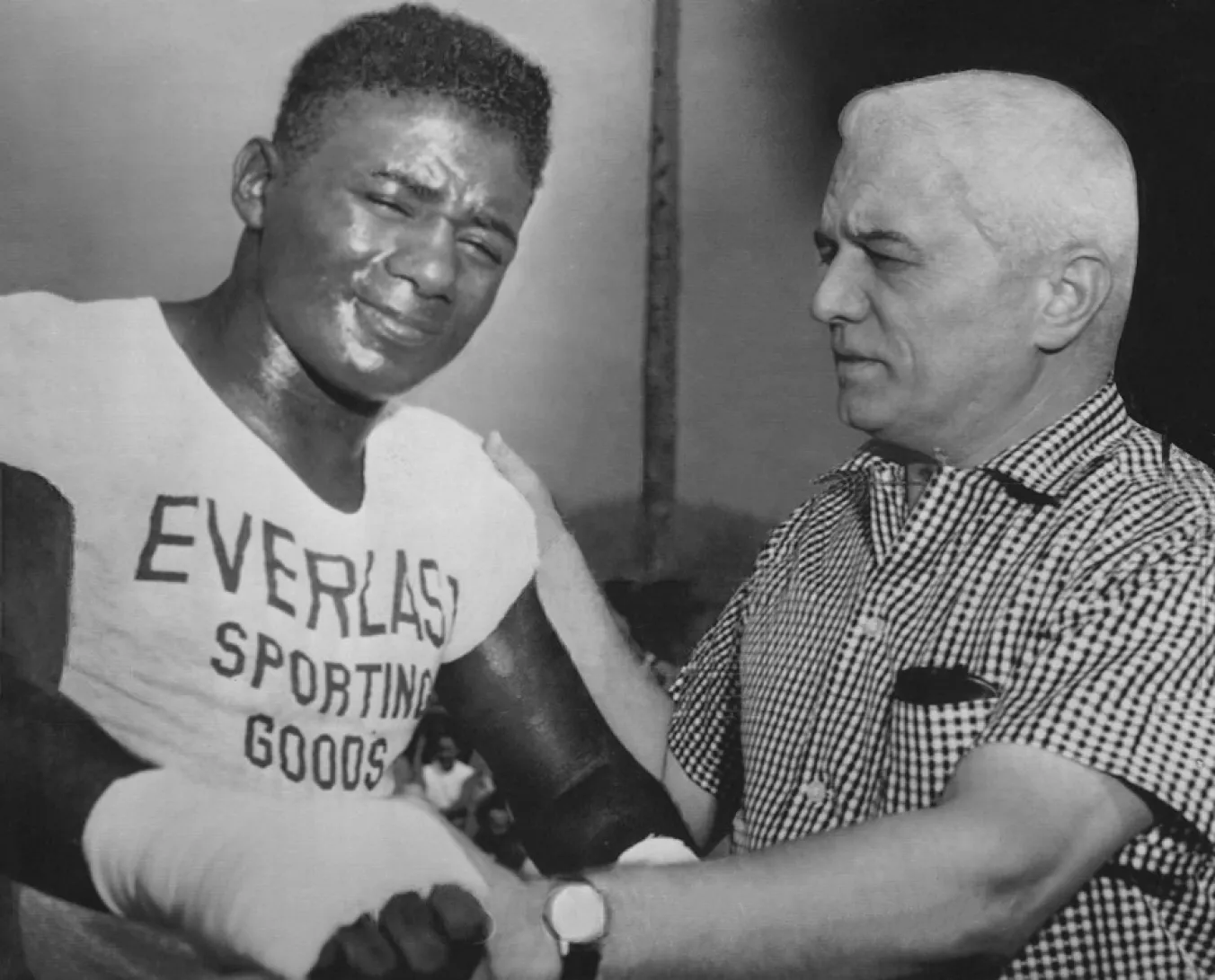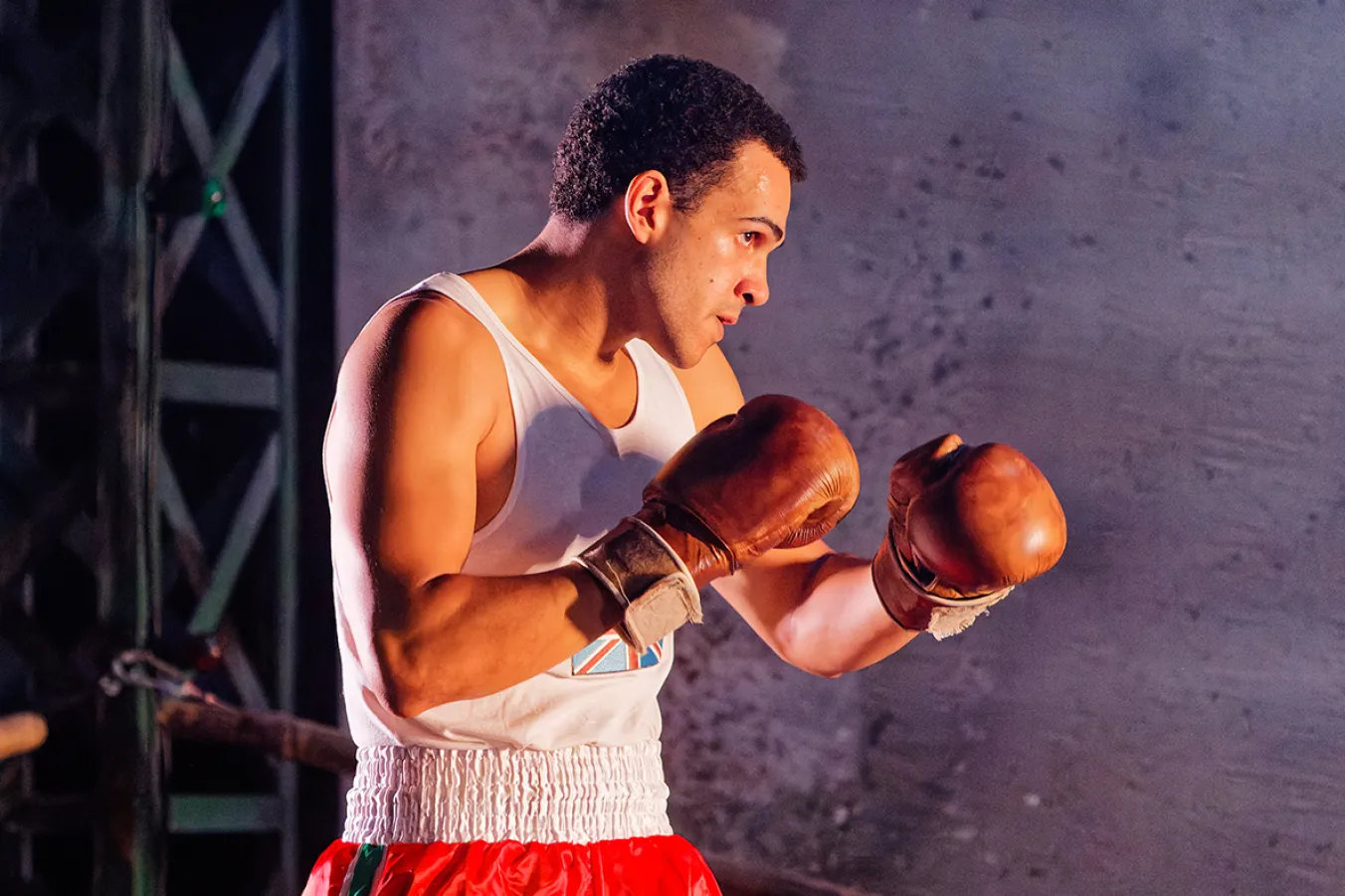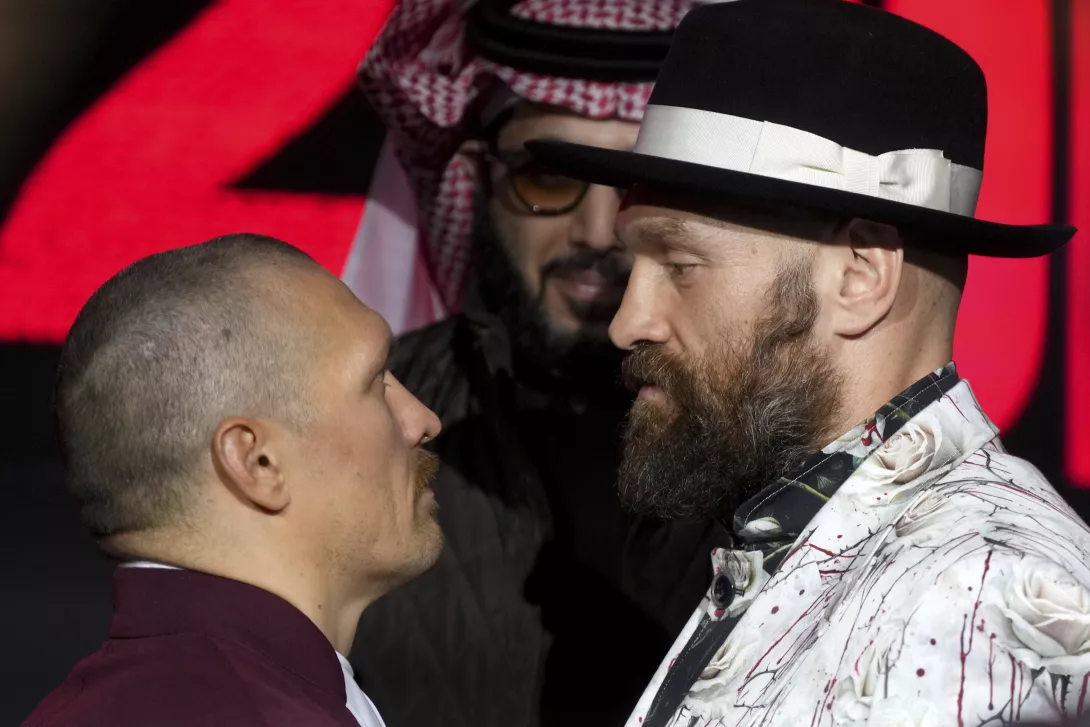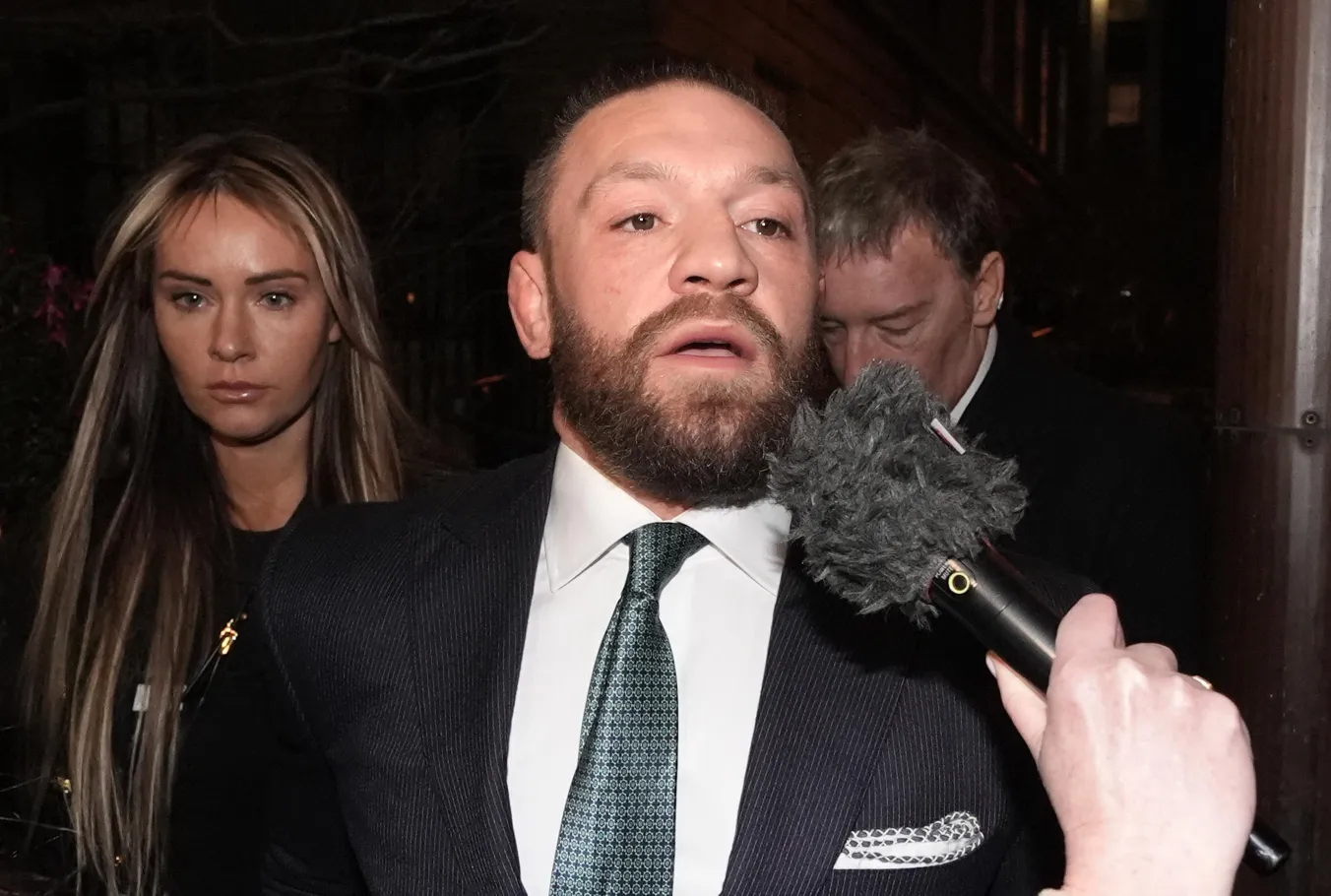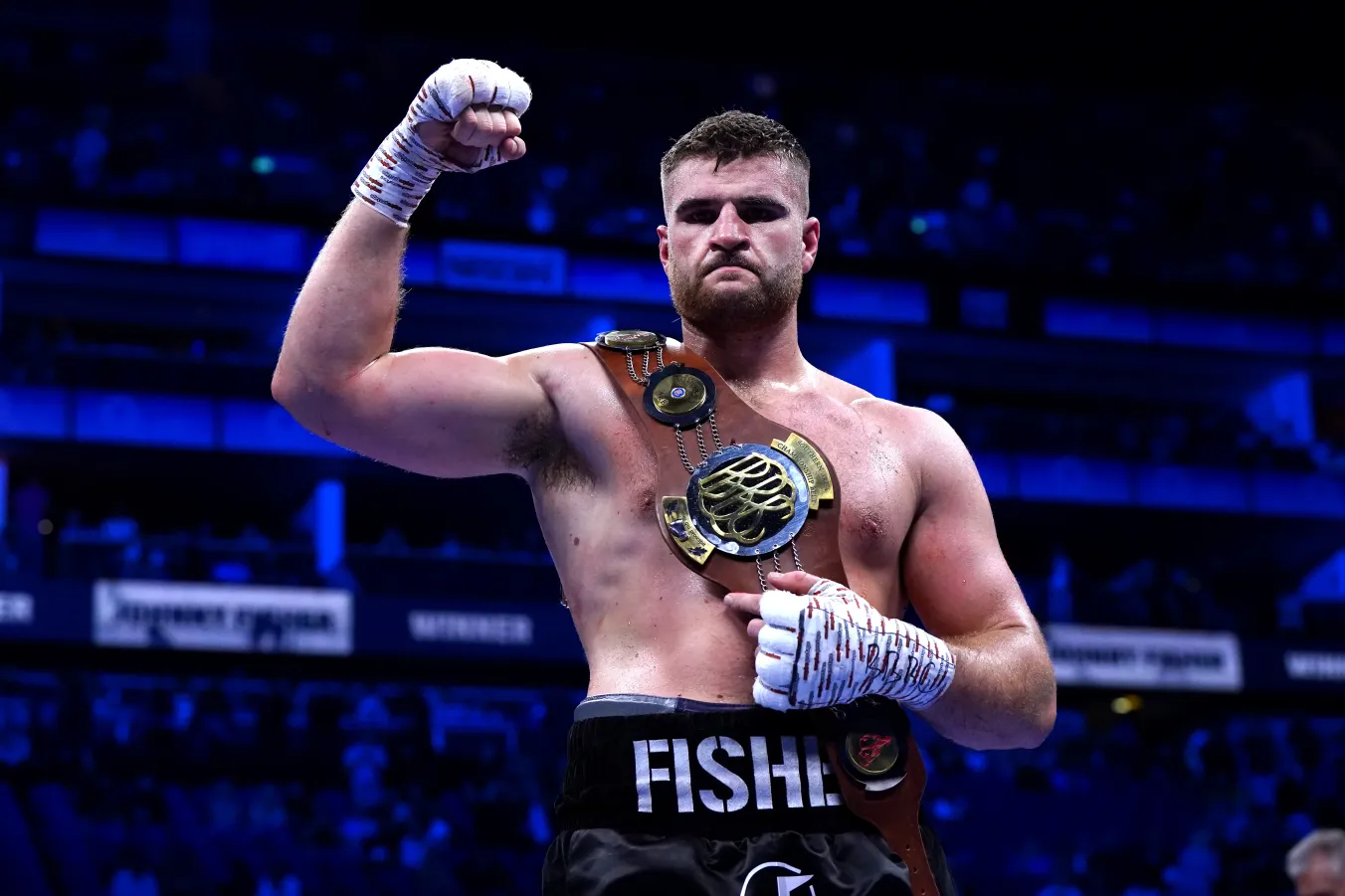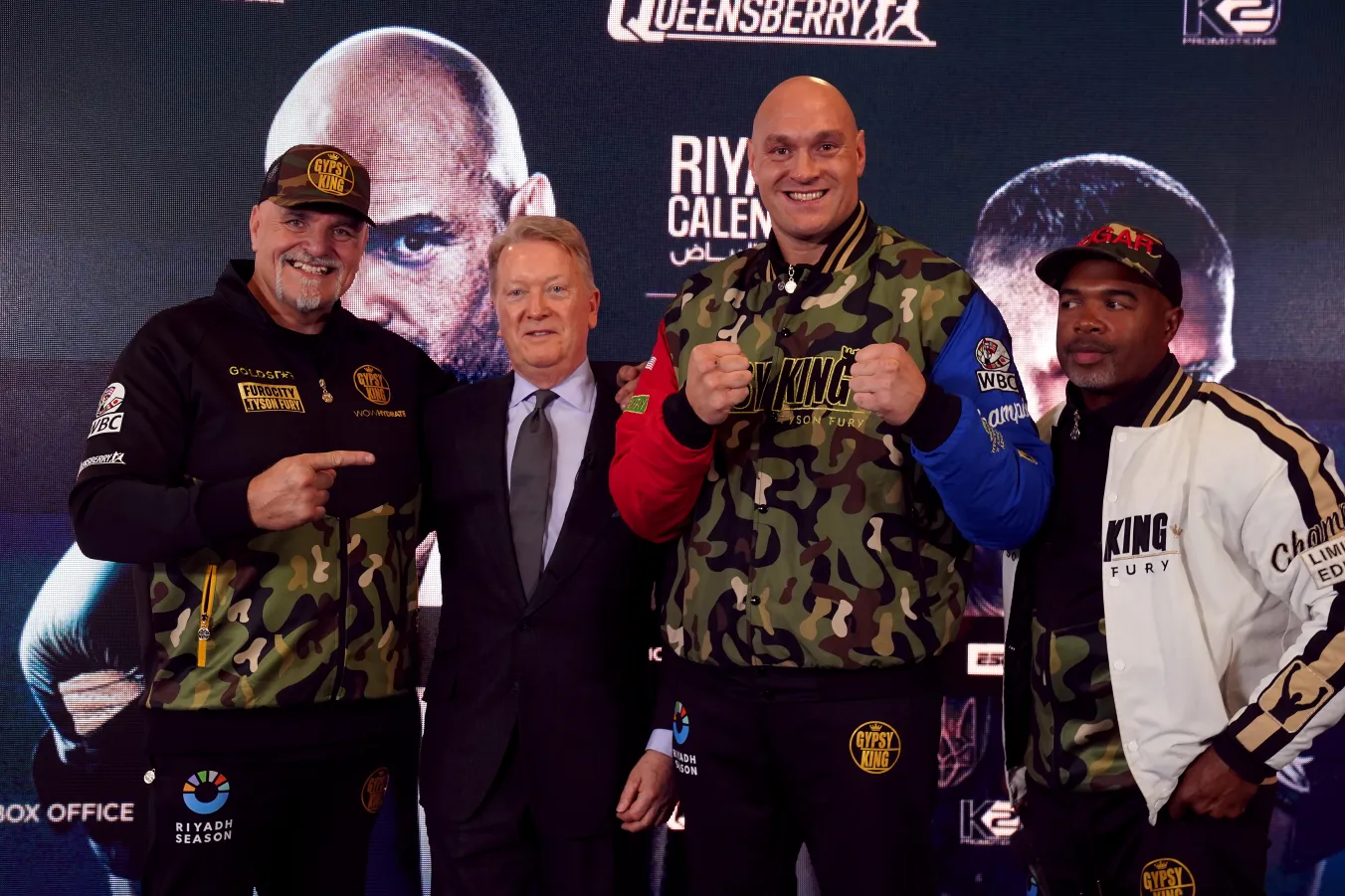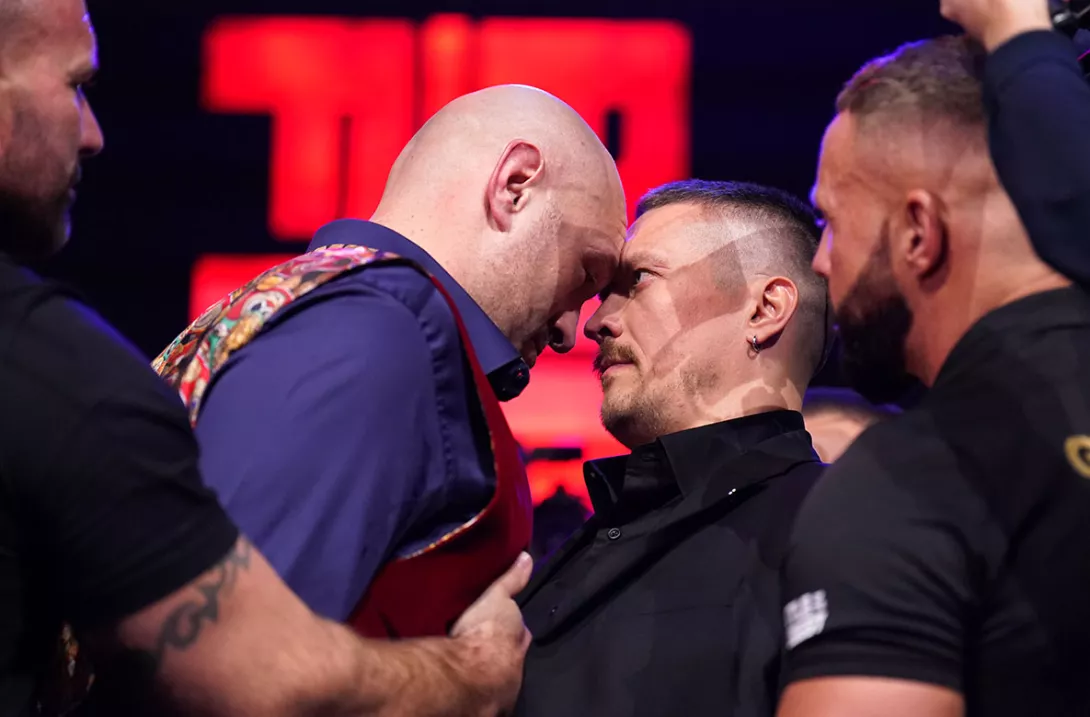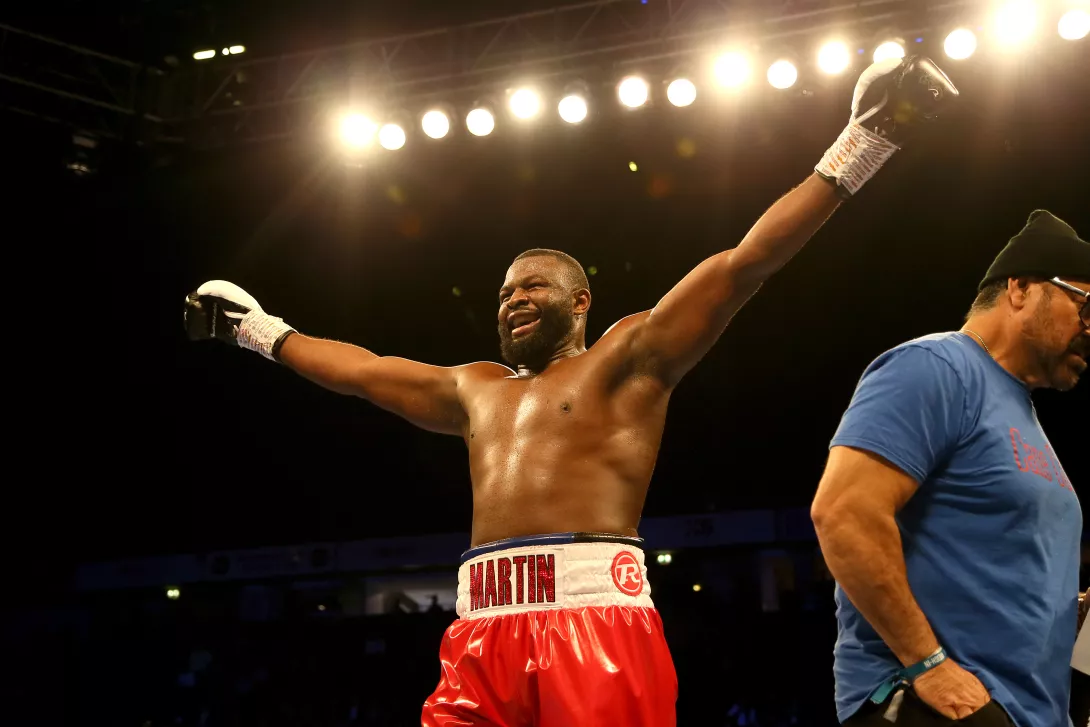
NOT since New York’s Ray Arcel and Panama’s Roberto Duran formed one of the most successful, if unlikely, trainer-fighter partnerships in the history of boxing back in the early 1970s has there been a trainer-fighter relationship quite like the one currently enjoyed by Billy Nelson and his heavyweight charge, Martin Bakole.
That boxing is a sport that transcends national, racial and cultural differences has never been more clearly illustrated when taking in hand the way that Nelson, a working-class son of Glasgow and Bakole, from the Democratic Republic of Congo (DRC), have gelled to the point where the latter is now being talked about as a future world champion.
His most recent outing at the BMO Stadium in Los Angeles saw him completely dominate the highly rated and hitherto undefeated US prospect, Jared Anderson, on the way to an emphatic 5th round stoppage. The result is Bakole’s stock being significantly upped after many painstaking years of being avoided by the cream of the division.
